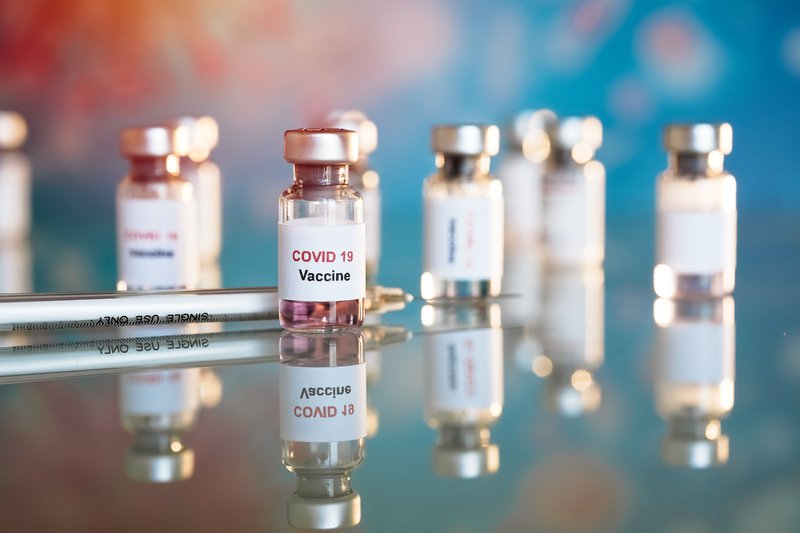Pharmaceutical giants 'bullied' SA into signing 'one-sided' Covid-19 contracts, says NPO
Updated | By Mapaballo Borotho
The Health Justice Initiative on Tuesday labelled the contracts the government signed with pharmaceutical manufacturers and suppliers during the height of the Covid-19 pandemic as one-sided and unethical.

The non-profit organisation said the country was bullied into signing away sovereignty.
The organisation’s Fatima Hassan says the terms and conditions of the contracts are overwhelmingly in favour of multinational corporations.
"The contracts reveal punitive, one-sided conditions so that South Africa was forced to hand over sovereignty, with none of the contracts agreed under South African legal jurisdiction. For example, the agreement between US-based Johnson & Johnson and the South African government was conducted under English and Welsh law.
"South Africa was liable for payments of at least $734 million, including advance payments of almost $95 million, with no guarantees of timely delivery.”
The institute recently won its case to force the government to disclose the details of all Covid-19 vaccine contracts it signed with pharmaceutical corporations, including Pfizer and J&J.
In August, the High Court in Pretoria ordered the government to provide access to its Covid-19 vaccine procurement contracts.
The contracts were uploaded on the HJI website on Tuesday.
Professor Matthew Herder, from Dalhousie Health Law Institute in Canada, said the Pfizer contract contains none of the public interest measures that are contained in some UK and EU vaccine agreements.
He said the language provision was far more in the pharmaceutical company's favour.
"The South African government is prohibited from sharing doses to neighbouring countries without Pfizer's consent. Unlike other procurement contracts, Pfizer can withhold its consent for however long it sees fit and for whatever reason it chooses," said Herder.
"The contract also doesn't guarantee that Pfizer will actually deliver any vaccines to South Africa, and in the event that they do not deliver, the most the South African government can receive is the 50% payment of the advance payment they were required to make under the contract.”
Hassan said this is not a problem that could be solved by a single government but requires a regional and global solution.
"The fear of pharmaceutical companies, in the middle of this pandemic, has to be at a global level. At a minimum, there should be an investigation into Johnson and Johnson in the way it managed to extract a restriction on export bans in other parts of the world, but we were not allowed to do that.
“We are calling for governments in the global south as well as the board and the very wealthy shareholders of at least Serum, Johnson and Johnson and Pfizer and Gavi, to take the necessary steps to ensure that this type of bullying and extreme non-disclosure are not repeated in the next pandemic. We really need open procurement processes, not secretive ransom negotiations," said Hassan.
Director at Global Justice Now, a UK-based organisation campaigning on issues of global justice and development in the Global South, Nick Dearden, said South Africa was charged more for vaccines than the wealthiest countries on the planet.
Dearden says this is unethical and should not have been allowed.
In a statement released by HJI, J&J charged South Africa US$10 a dose, which is 15% more than the company charged the EU and about 25% more than the estimated not-for-profit price.
ALSO READ:

Show's Stories
-
Model Marciel Hopkins wys haar eersteling
Die voormalige 'Boer Soek 'n Vrou'-aanbieder en haar aantreklike man, Ha...
The Drive with Rob & Roz 5 hours ago -
WATCH: SA reacts to TikToker's new spin on a classic SA dish
If you are bored of eating normal pap, here is a new recipe for you to try.
The Drive with Rob & Roz 6 hours ago